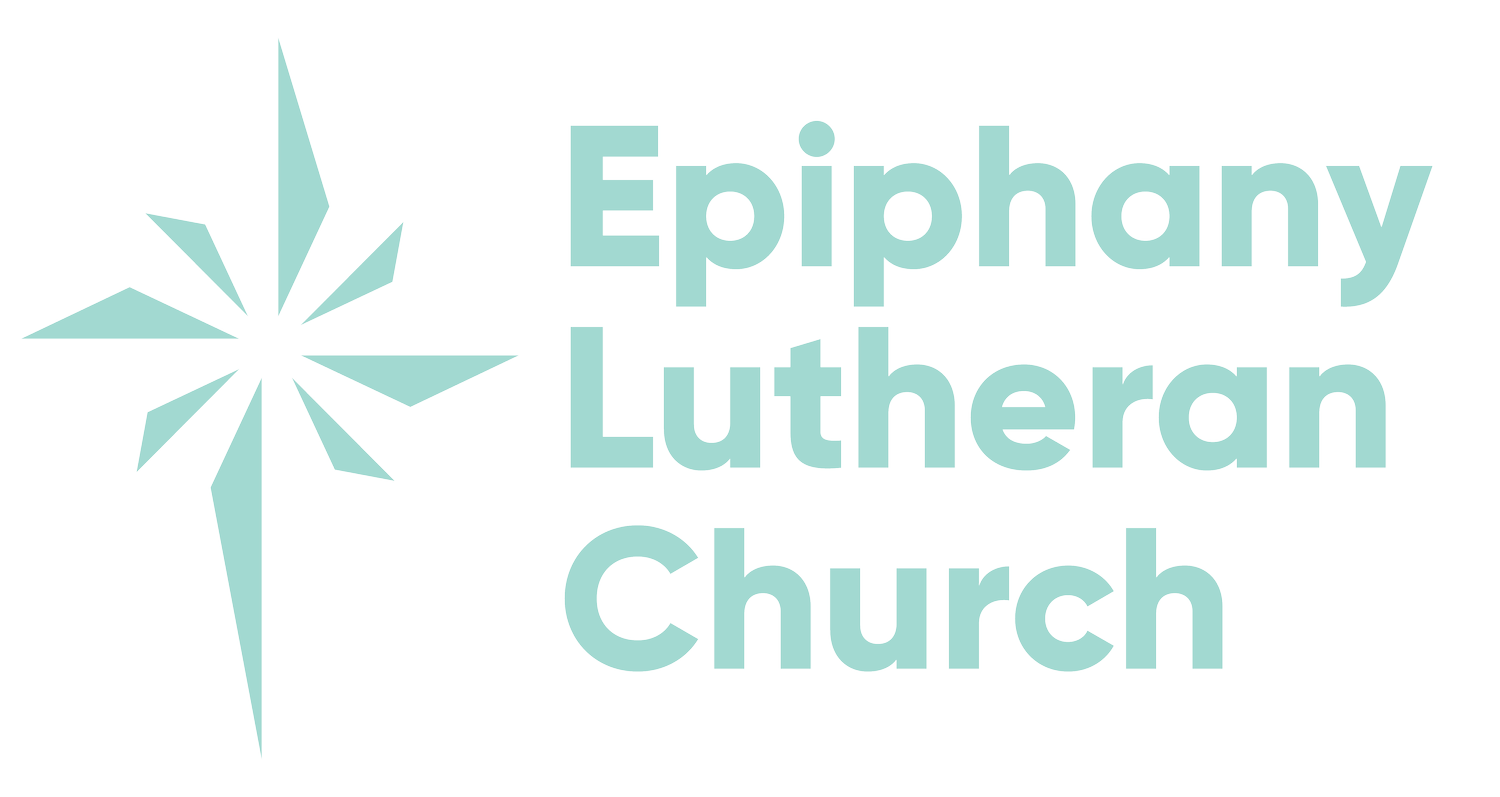December 24, 2023
Advent 4B
Epiphany, Winnipeg
Luke 1:26-38, 46-55
On the First Sunday in Advent, just three weeks ago, Jesus had so much to say about dramatic events yet to come, when stars fall from the sky and the heavenly lights go dim and the Son of Man comes along. He warned us all to be awake and keep alert. On the Second Sunday in Advent we heard about Jesus as John the Baptist said that one is coming who is more powerful than he is, and last week the religious leaders quizzed John about who he himself is. But here’s the weird thing that happened: After that first Sunday in Advent Jesus just went silent. Even tonight when we celebrate Jesus’ birth, there will be no word from Jesus, and it’s like that next week and the week after that as well.
People talk about Jesus. Things happen to Jesus. Yet at this time of year when it’s all about Jesus, Jesus stays silent.
That’s what happened when God took on flesh in the world. The child is born as a baby, and babies don’t have a word to share or fresh new insights to offer. Jesus arrives as a baby, and all around him people talk about him and wonder about him, but he has no word to speak on his own. The Messiah will not come with power and strength. The Messiah will arrive mostly unnoticed.
The silence of Jesus in these Advent and Christmas weeks makes a kind of sense this year, when so many people in so many places are asking, “Where is God in all this? Why is God silent?” And the one whose birth we await is silent, and all we have to trust is the word that others say about him.
So today we get to hear from Jesus’ mom. Now if you’ve seen many paintings of Mary over the years, especially those old Renaissance paintings where everyone in this story of middle eastern peasants looks like Italian nobility, Mary is portrayed as mild, maybe even submissive, perhaps with a bowed head and downcast eyes.
But that’s not the picture of Mary we see today. The angel Gabriel comes to tell Mary about this strange miraculous thing: she will have a child, and the child will be a king forever, and the child will rule over Jacob which means rule over God’s people which means rule over people who are blessed so they will be a blessing. No doubt this will also ring bells for Mary of other things she has heard in the stories of her Jewish tradition, and images of a Prince of Peace and a Mighty Counsellor will come to mind. Now at first it doesn’t make sense to Mary because she’s never “been with” a man, so she asks questions and she wants the angel to clear up a matter or two. The angel tries to get it all worked out so it makes sense and then finally just says, “With God anything is possible.” Then Mary says, “OK. Sign me up. I’m down with that. Here I am, God’s servant, and let it be with me just as you say.”
Mary is not meek and mild. She talks it out with the messenger and eventually approves of the plan. And if someone came along and sang “Mary Did You Know,” she would say “I most certainly did know. The angel and I talked it out already.”
Mary says yes and gets on board with God’s plan to bring a son into the world who will rule forever with justice and grace and mercy.
And then, just a few verses later, and a few weeks later, Mary speaks again about what that will and that word and that promise of God will be. We spoke it once together and then sang it once more together to make sure we get the message. Mary has gone up into the hills of Judea to visit her cousin Elizabeth who is also expecting an impossible baby. That baby’s name will be John, and he’s the one we call John the Baptist, who talked about Jesus last week and the week before.
After they meet and exchange greetings and joy and wonder about their children yet to come, Mary sings a song about their God and our God, who looks at the weak and calls them strong. She sings of a God who looks at those who rule with ruthless power; the ones who take what they want when they want it, the ones whose authority only ruins the ones they rule over, and she sings of a God who pulls them down off their thrones. The poor and the weak are lifted up, and the hungry have food while the rich are sent away empty because they’ve got all they need already. Mary sings a strong song about her God and our God who will turn over all those things that are so wrong with a world so divided between rich and poor and strong and weak. She sings about a God who will make the world sane again.
Mary hasn’t even met her child Jesus face to face yet. But she has spoken God’s promise out loud so that all the generations after her will hear, and even sing on a Sunday morning in Winnipeg, about the goodness of God who will finally set right everything that has gone so wrong.
The simple and deep good news we hear today, on this Fourth Sunday in Advent that will be interrupted tonight by the cry of a child, is that there is one who is coming into the world who promises a future that is in God’s hands, a future where all is healed, all is made whole, and all are made alive. The waiting of the world will end. We and all creation will rejoice with Mary as her song comes true, and our rejoicing will never end.
